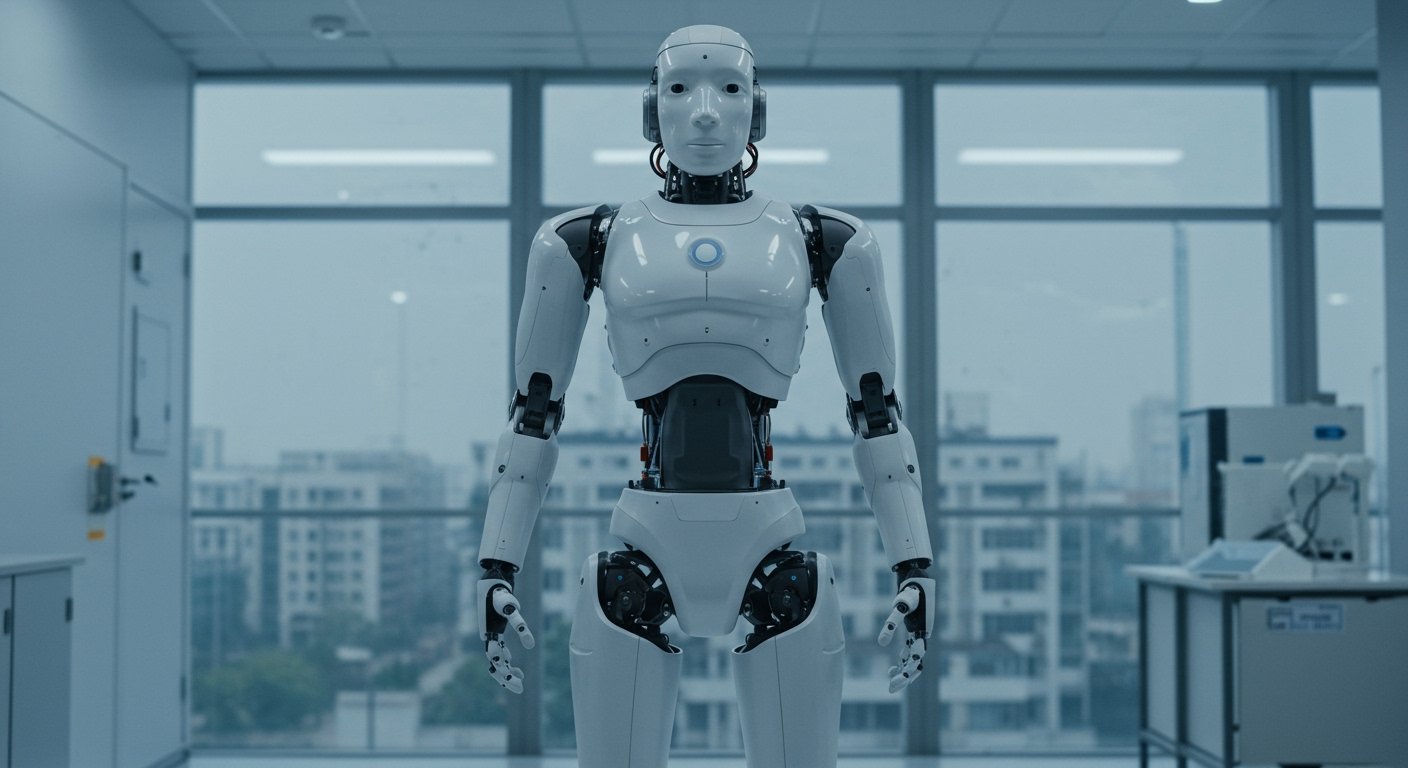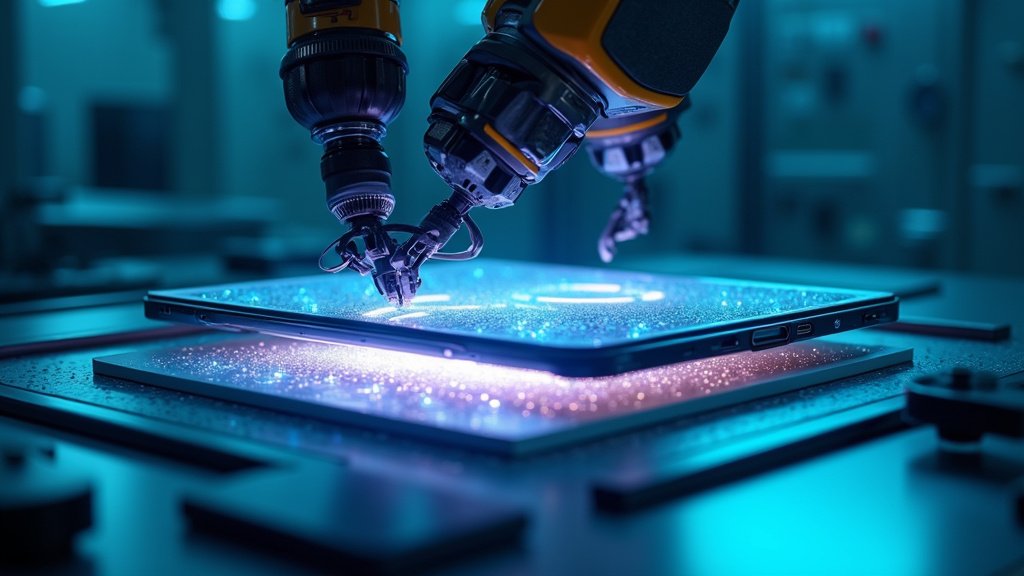SHANGHAI, China – The expansive Yangtze River Delta region in eastern China, historically recognized as a global manufacturing powerhouse, is undergoing a profound transformation, strategically pivoting towards becoming a national innovation hub. This shift, detailed in an article published on June 26, 2025, signifies a deliberate move away from traditional production towards high-tech development and advanced industries.
A National Imperative: Forging New Quality Productive Forces
The regional metamorphosis is not merely an organic economic evolution but a direct result of a concerted national strategy. This initiative was notably elevated by President Xi Jinping in 2018, underscoring the central government’s commitment to fostering innovation-driven growth. Further cementing this vision, a 2019 State Council blueprint specifically targeted the Yangtze River Delta area to achieve the status of a leading innovation hub by 2025. Central to this strategy is the concept of developing “new quality productive forces,” a term encompassing technological breakthroughs, optimized resource allocation, and the upgrading of industries to enhance efficiency and competitiveness on a global scale.
Suzhou: A Microcosm of the Macro Shift
Cities within the region, such as Suzhou in Jiangsu province, stand as prime examples of this ambitious pivot. Once integral cogs in the global manufacturing supply chain, these urban centers are now actively cultivating ecosystems designed to nurture innovation and attract high-tech enterprises. The local government plays a crucial role in facilitating this transition, offering substantial support through measures such as tax incentives and the establishment of specialized industrial estates aimed at fostering collaboration and providing necessary infrastructure for burgeoning tech companies.
Magic Lab: Engineering the Future of Robotics
A compelling illustration of this transformation is the emergence of startups like Magic Lab, based in Suzhou. This cutting-edge company is at the forefront of developing full-sized humanoid robots, designed for a range of applications from intricate human interaction to demanding factory environments. Magic Lab represents the kind of high-value, technology-intensive enterprise that the Yangtze River Delta is actively seeking to cultivate.
Wu Changzheng, the president of Magic Lab and an alumnus of the prestigious Shanghai Jiao Tong University, highlights the sophisticated technological capabilities being developed within the region. According to Wu, over 90% of the critical components required for their advanced robots are not only developed in-house but are also manufactured locally within the Yangtze River Delta. This impressive localization rate includes complex and vital parts such as torque motor joints, actuators, control units, and dexterous robotic hands. Only approximately 10% of the components, primarily the CPUs which remain largely dominated by international suppliers, are sourced externally.
Synergy: Manufacturing Heritage Fuels Tech Advancement
Magic Lab’s success and its ability to localize component production are deeply intertwined with the region’s established legacy. The Yangtze River Delta’s mature and extensive manufacturing base provides an unparalleled advantage. This existing infrastructure enables companies like Magic Lab to significantly reduce supply chain costs and access a robust network of upstream and downstream support, from raw material suppliers to specialized processing facilities. This symbiotic relationship allows innovation to thrive, leveraging the region’s industrial strengths rather than abandoning them entirely.
The funding landscape also reflects confidence in this new direction. Magic Lab is primarily supported by private sources and strategic investors, including the appliance technology company Dreame Technology. This private investment signals market belief in the potential of regionally developed robotics and the broader innovation ecosystem being built in the Yangtze River Delta.
As the target year of 2025 approaches, the Yangtze River Delta region, anchored by dynamic cities like Suzhou, is demonstrably reshaping its economic identity. The transition from a global manufacturing hub to a leading innovation center, driven by national strategy, local support, and pioneering companies like Magic Lab, underscores China’s broader ambition to lead in critical future technologies and cultivate its “new quality productive forces.”
This report is based on an article published on June 26, 2025.





